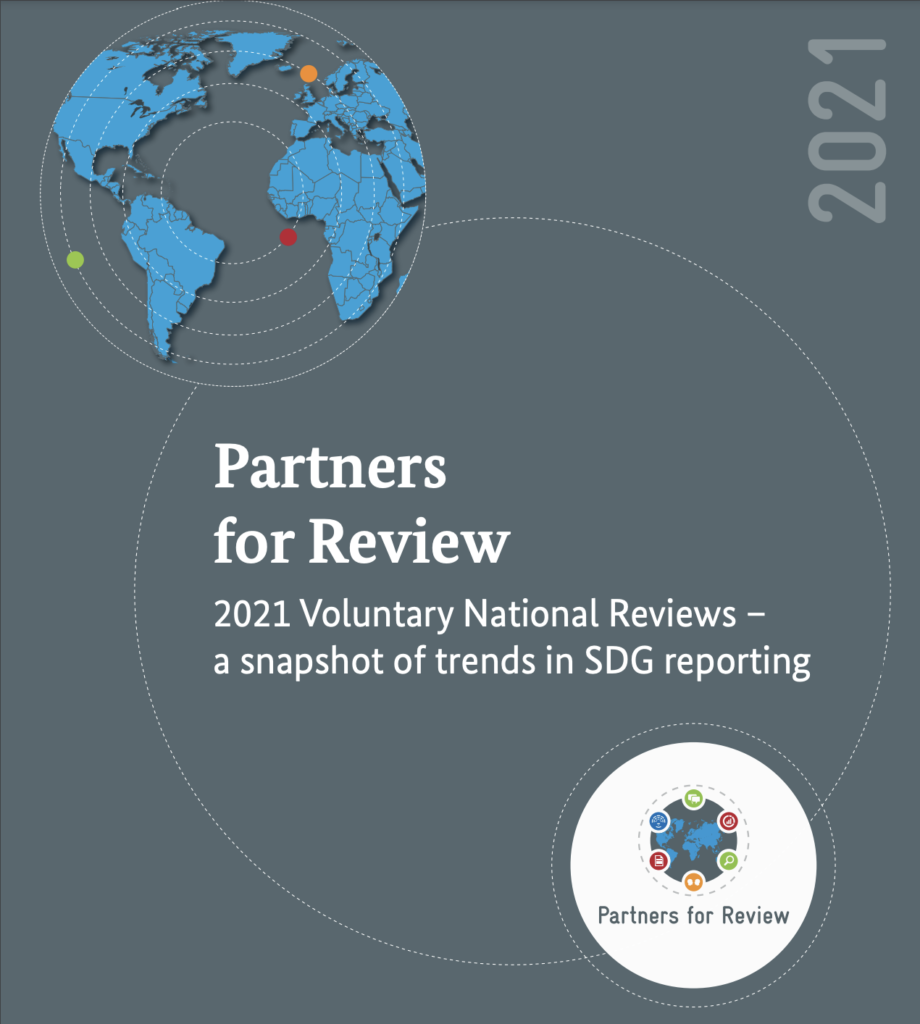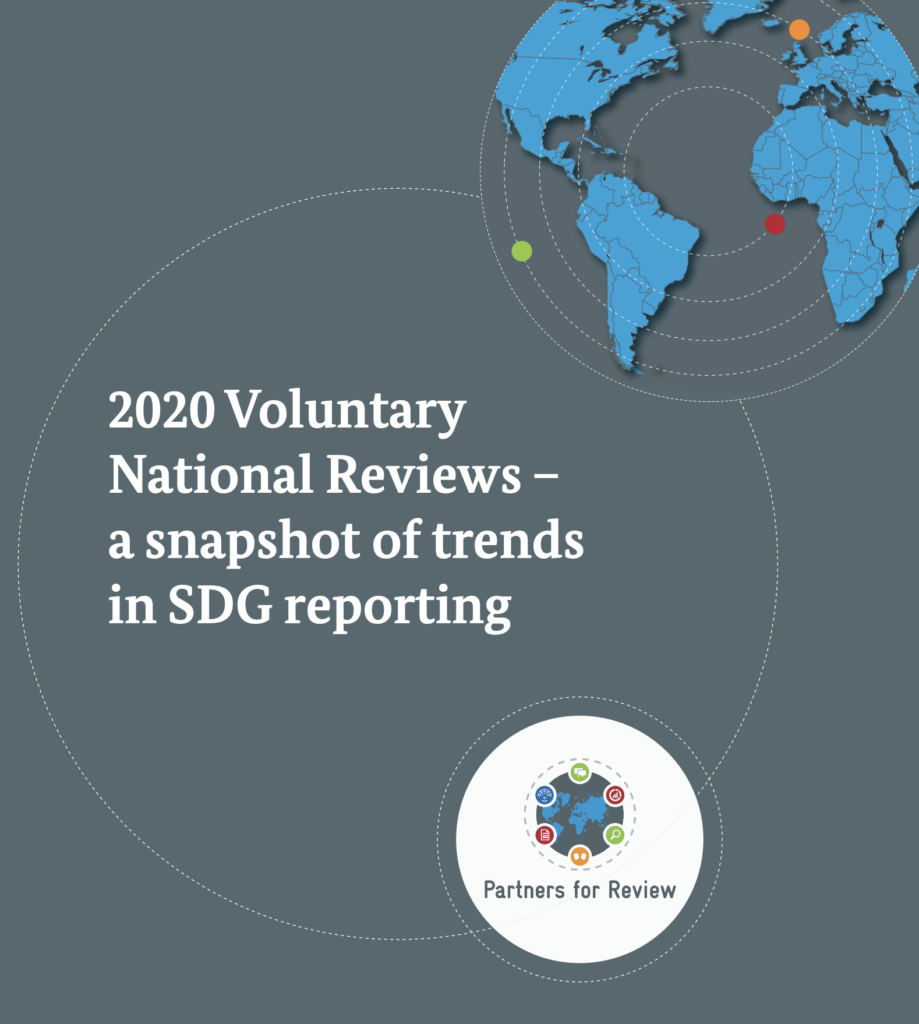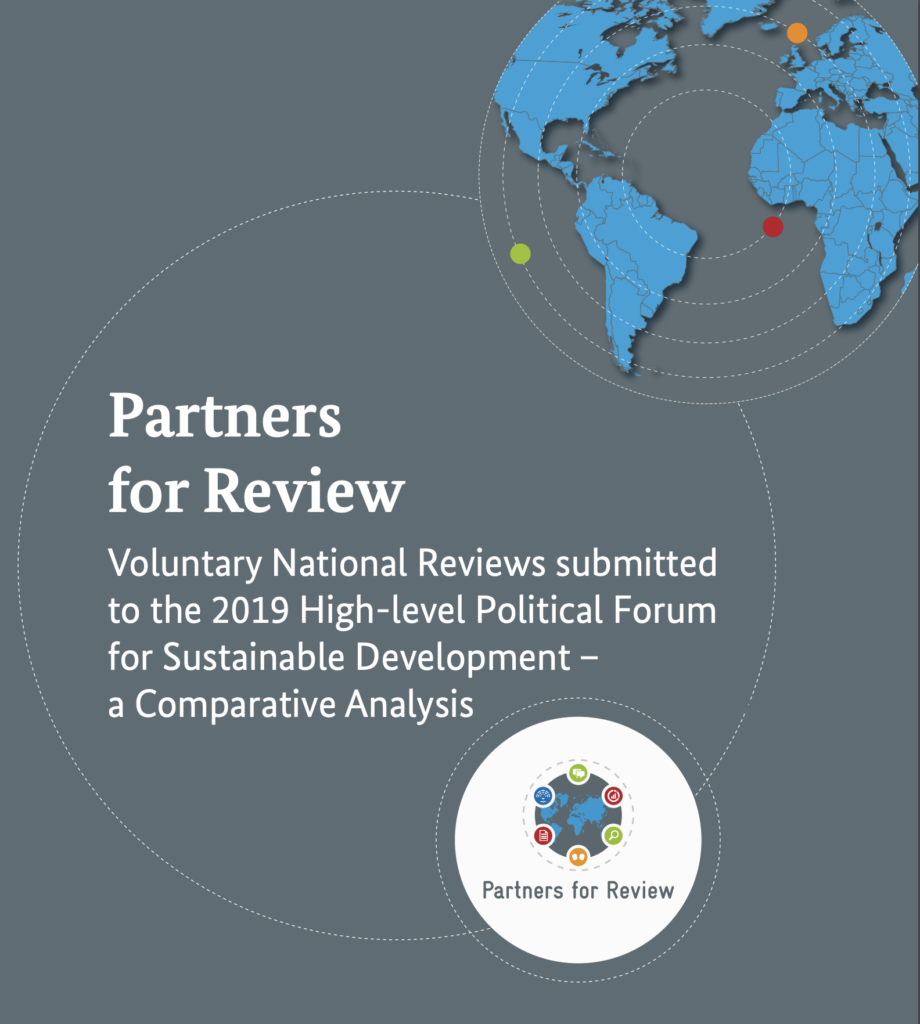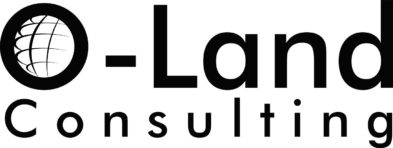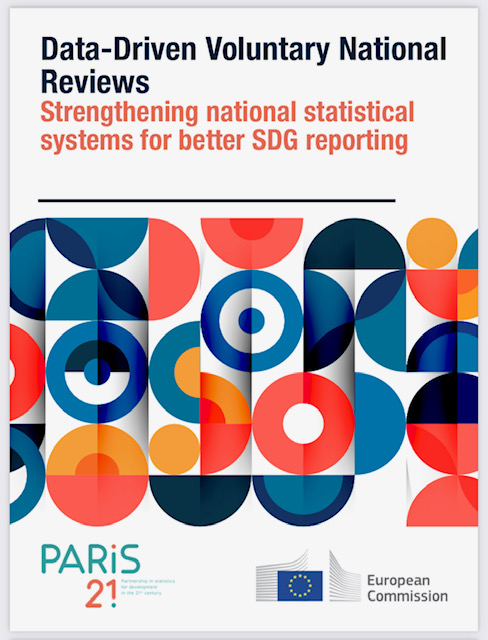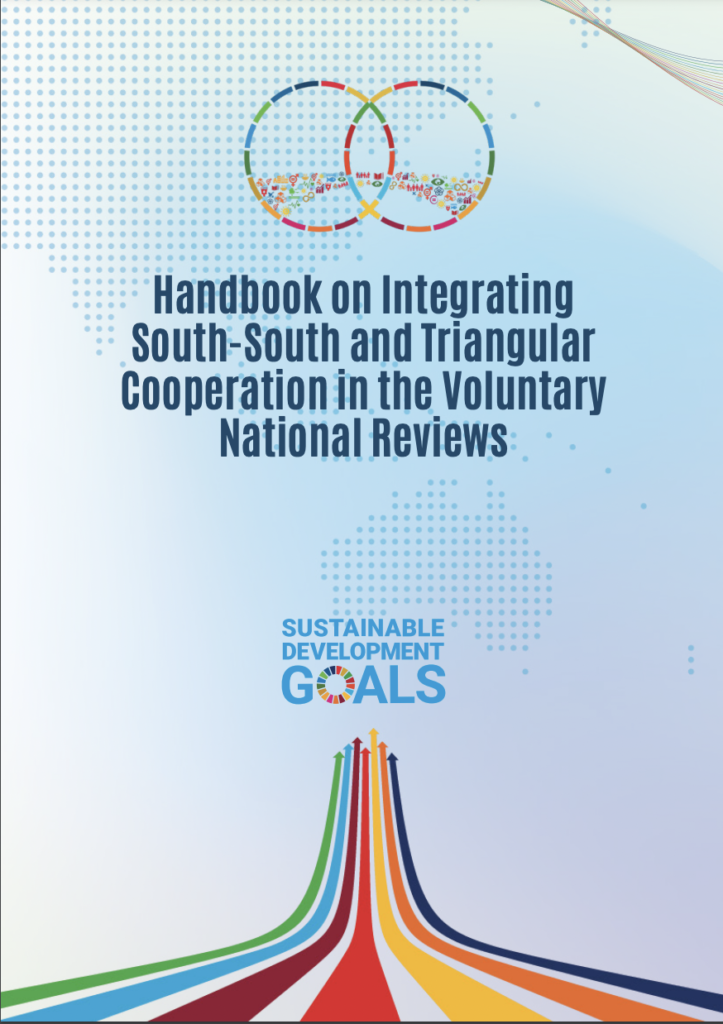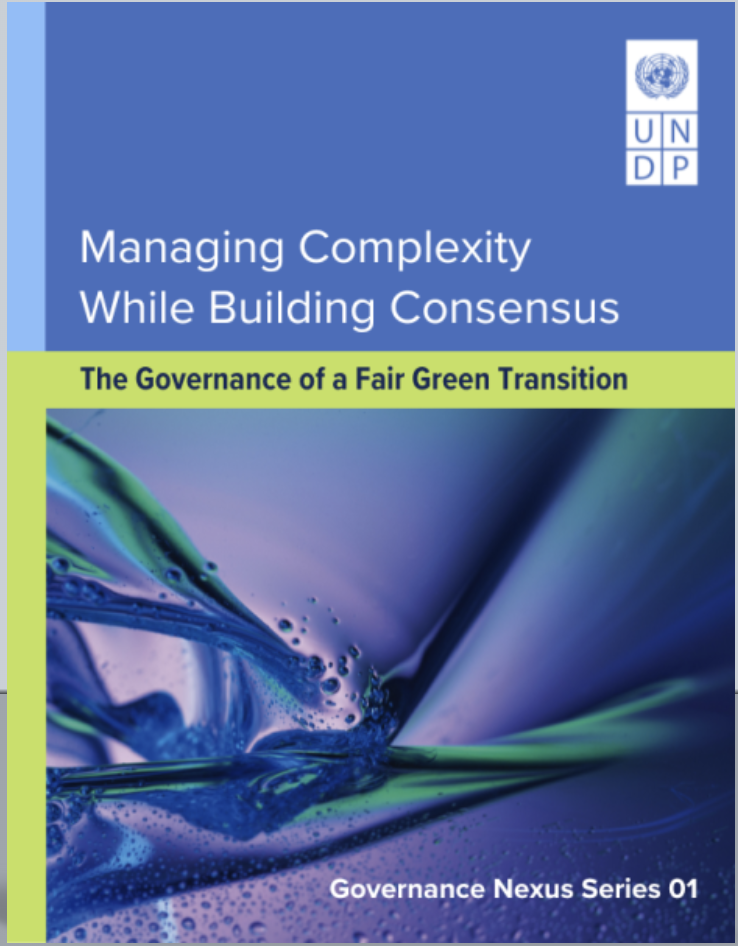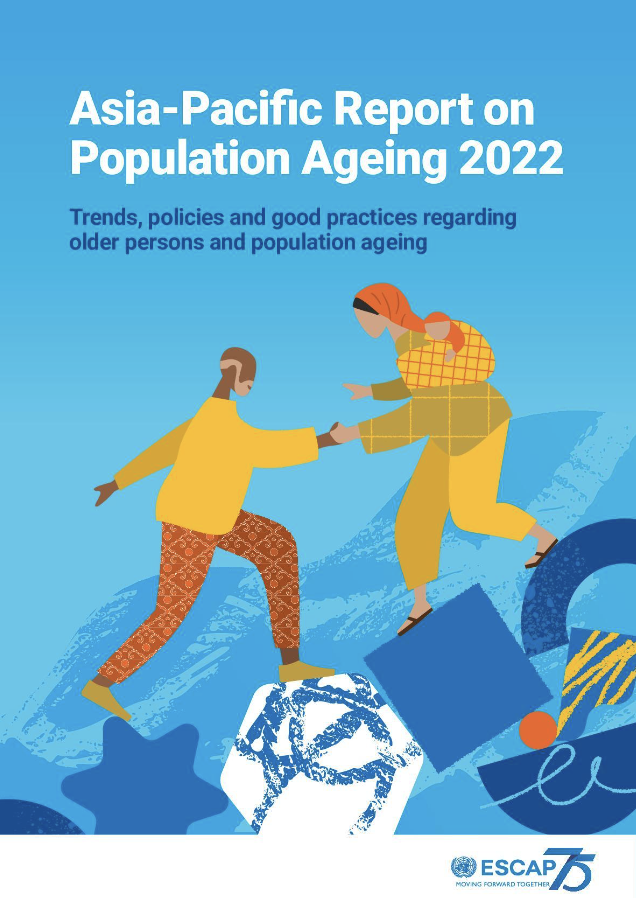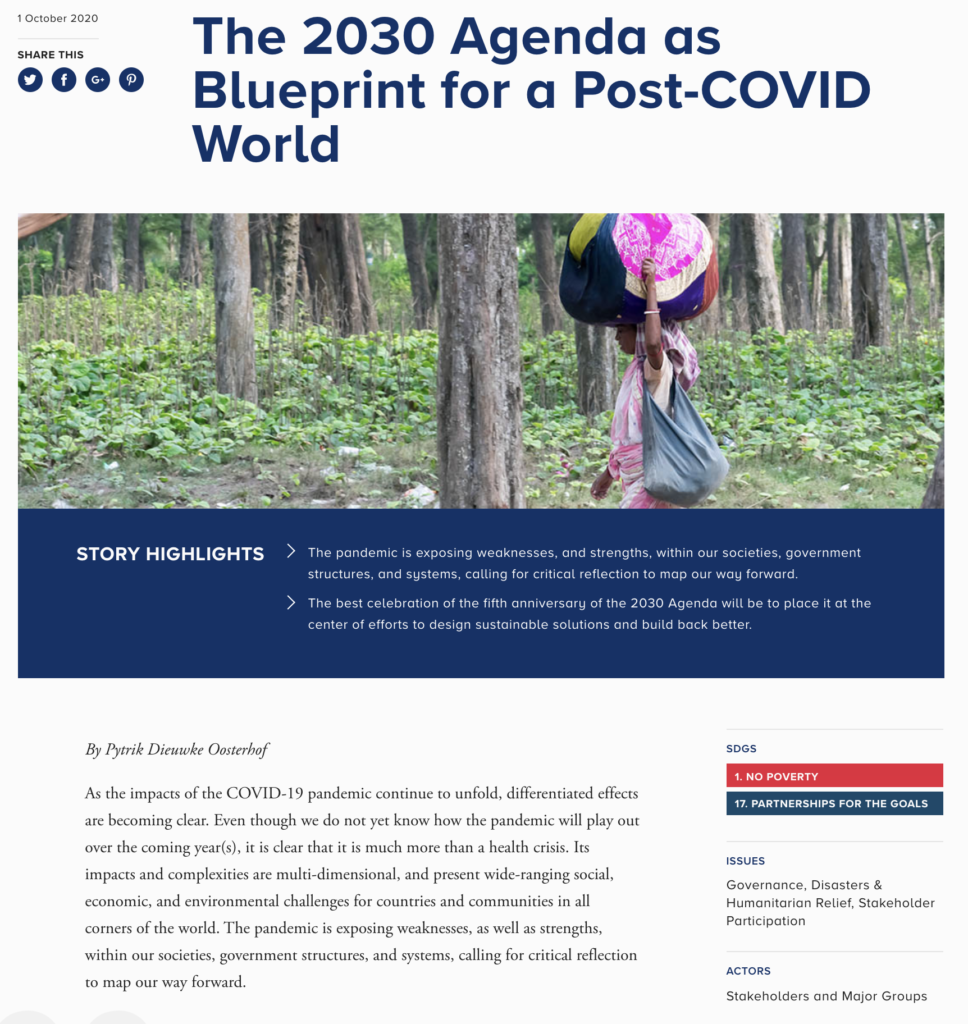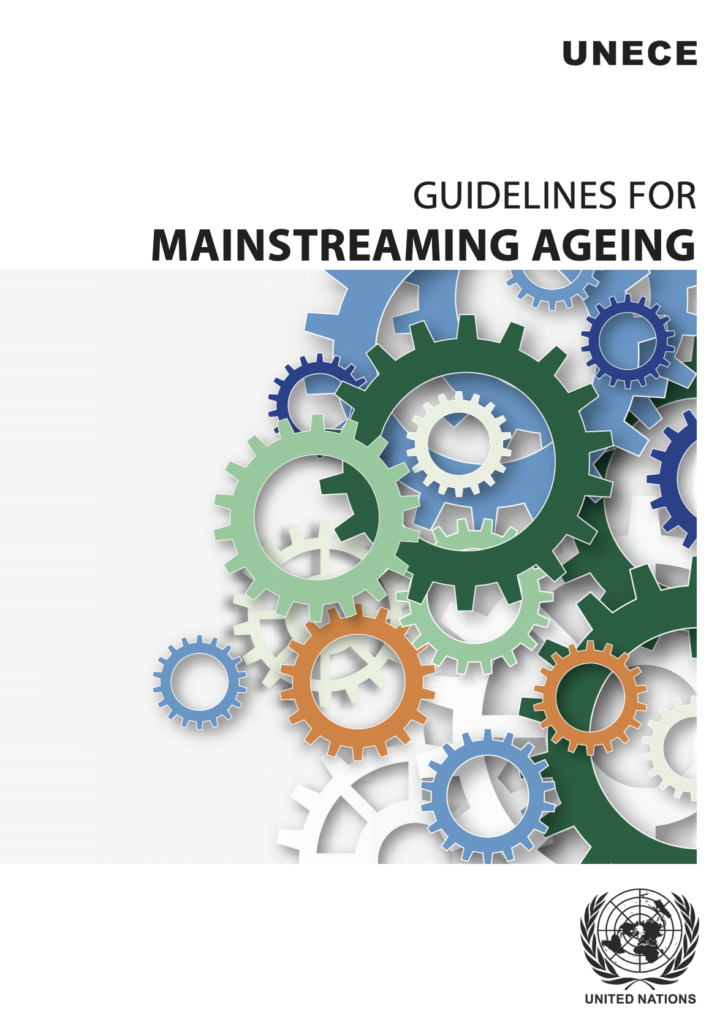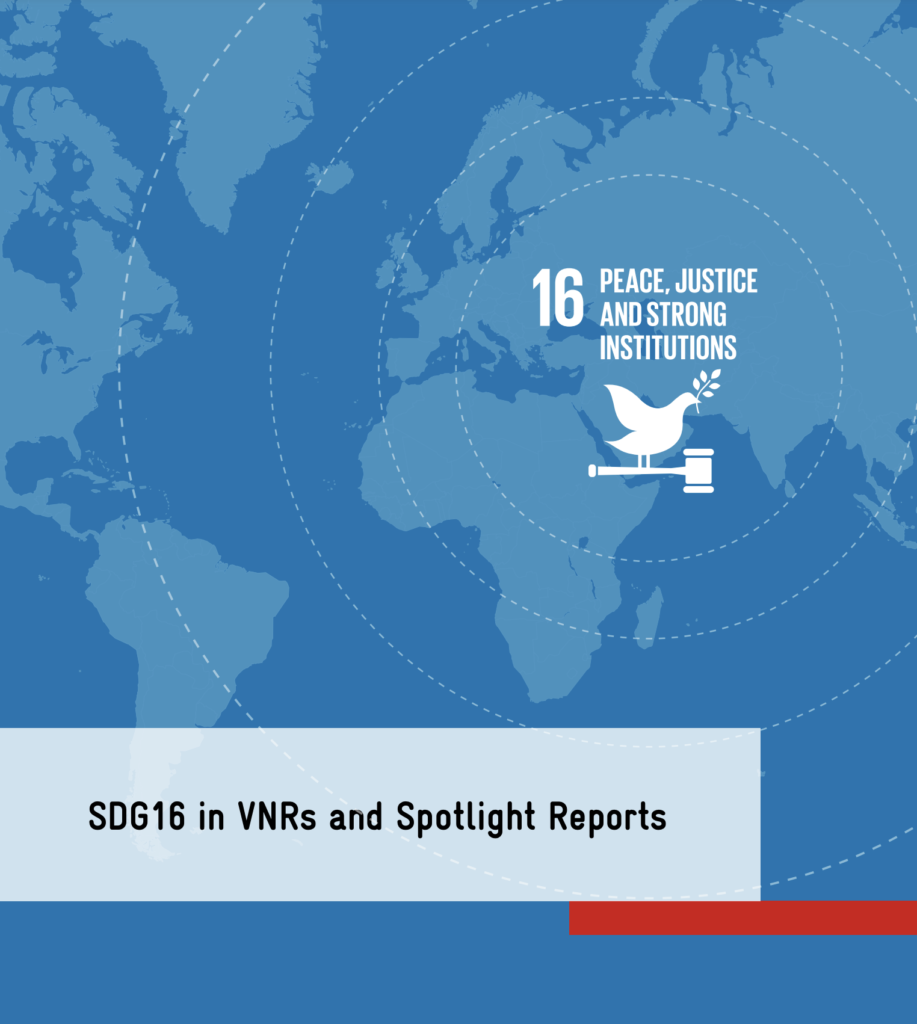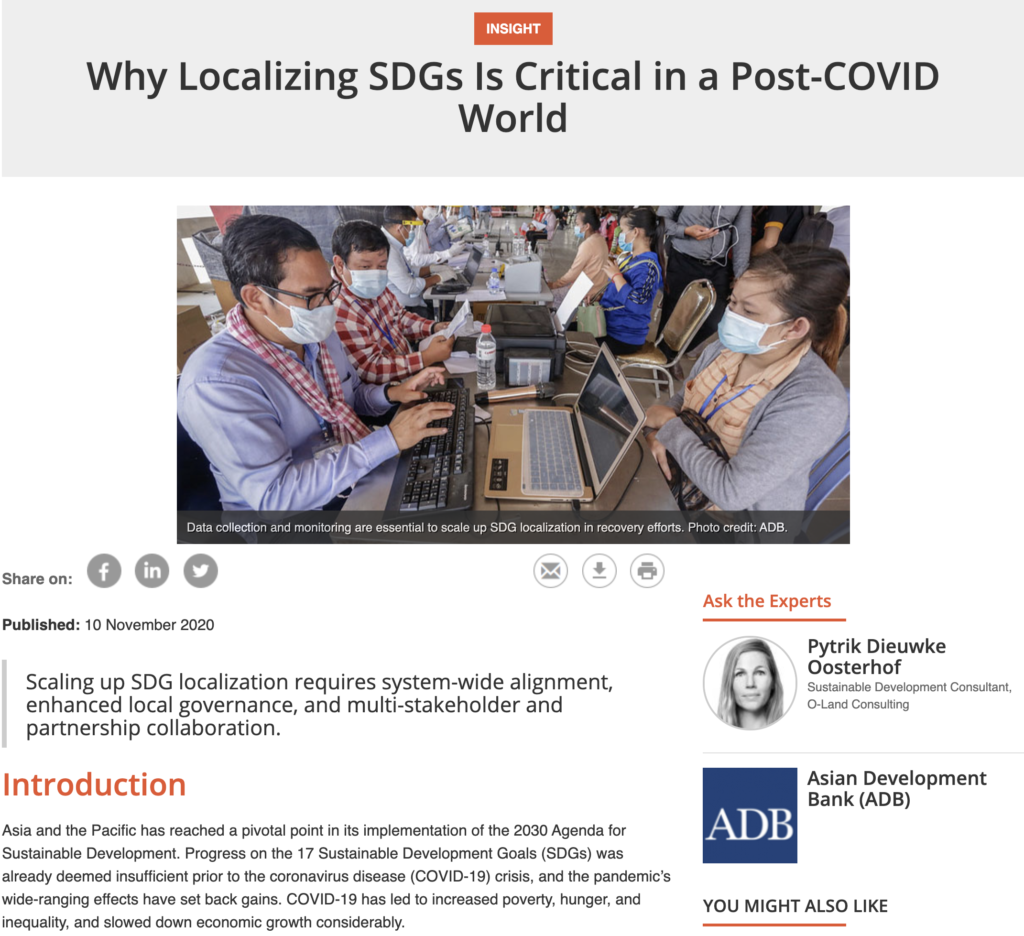Projects
Latest publication...
In the SDG space, data unfortunately remain one of the biggest challenges countries grapple with. Well into the implementation of the 2030 Agenda for Sustainable Development data gaps are still an obstacle in measuring our sustainability efforts. In the face of current democratic challenges, fake news, disinformation, increasing polarization, and the rise of artificial intelligence (AI), the truth can be whatever is convenient for politicians, governments, businesses, organizations, and individuals. Quality data are needed to verify what lies behind political decisions and the production of goods, and to determine whether sustainable action is truly what it claims to be.
The report ‘Data-driven voluntary national reviews – Strengthening national statistical systems for better SDG reporting’ was developed by O-Land Consulting on behalf of and in cooperation with the Organisation for Economic Co-operation and Development’s (OECD) Partnership in Statistics for Development in the 21st Century (PARIS 21), and the European Commission. It looks at ways to strengthen evidence-based reporting on the SDGs and provides a number of recommendations for countries to consider.
Archive
According to the 2023 SDG progress report, the world is far from meeting many of the goals by 2030. To find lasting solutions, international cooperation is a must. This Handbook supports international cooperation in the SDG follow-up and review process through South-South and triangular cooperation. The integration of South-South and triangular cooperation perspectives in the Voluntary National Reviews (VNRs) helps track SDG progress progress in a more comprehensive and inclusive way. These efforts can help implement the much needed economic and social reforms to put the SDGs on track. The Handbook was written on behalf of United Nations Office for South-South Cooperation (UNOSSC) in response to the 2022 High-level Political Forum on Sustainable Development (HLPF) Ministerial Declaration. It was developed in collaboration with the Group of Friends of the VNRs, UN DESA, the Regional Commissions and a number of other bodies, including UNDP, FAO, ILO, UNIDO, IAEA and UN Member States.
